Turning point expectations
This morning (May 27), the seminar "Removing institutional bottlenecks - Unleashing private resources" was held at the Vietnam Television Center in Ho Chi Minh City.
Mr. Nguyen Ba Diep - co-founder of MoMo Financial Technology Group - commented that Resolution 68 on private economic development was "a shock" to the technology industry. He shared that, having been a state official before switching to entrepreneurship for the past 17 years, he feels proud that his role is recognized.
Mr. Diep assessed that Resolution 68 has addressed many issues that startups face, including capital sources. The resolution also mentions cutting unnecessary costs, which is very reasonable and beneficial for startups.
Meanwhile, Ms. Nguyen Thanh Huong - Investment Director of Nam Long Investment Joint Stock Company - was moved, saying that the first thing she felt was "warm" when approaching Resolution 68. She explained that it was warm because she no longer felt alone. Because after 1986, private enterprises were recognized to exist, and up to now, this sector has been recognized as an important driving force of the economy.
Ms. Huong added that Nam Long has been established and grown over the past 33 years, becoming self-sufficient by quietly going beyond borders to seek foreign capital, expanding land funds for development and for the first time being recognized for its role.
The second feeling that Ms. Huong mentioned was honor: Honored to witness the second turning point in history related to private enterprises. And finally, her confidence was reinforced by Resolution 68, enterprises felt accompanied and restored the trust of foreign partners.
Mr. Dinh Hong Ky, Representative of Ho Chi Minh City Business Association, Chairman of Secoin, expects Resolution 68 to be a turning point for the private economy to break through, similar to Resolution 10 of the Politburo in 1988 that helped Vietnam transform from a food-deficient country into a leading exporter in the world.
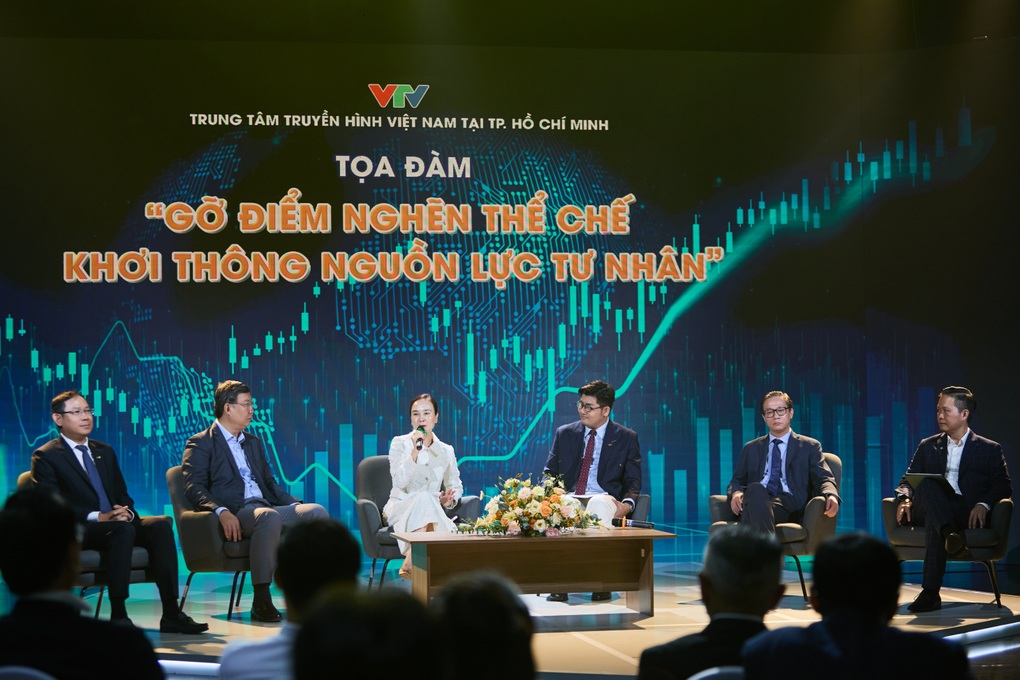
Experts and businesses highlight positive content of Resolution 68 (Photo: Organizing Committee).
Proposal to untie institutions
Having high expectations for Resolution 68, however, business leaders and experts also raised concerns and recommendations to soon resolve bottlenecks.
Nam Long representative admitted that over the past 3-4 years, the suspension of many real estate projects has prevented foreign capital from pouring into Vietnam as expected. Meanwhile, many international partners are still very interested in the Vietnamese market and are ready to invest long-term.
"We hope that the policy will be concretized soon. When resources are released, participating in large projects such as urban development associated with transport (TOD) will become more feasible. Nam Long and its partners are ready to participate if the implementation mechanism is transparent and timely," said Ms. Nguyen Thanh Huong.
Mr. Nguyen Dinh Tung - General Director of T&T Vina Group Import-Export Company - stated that the current situation that businesses in the agricultural sector are facing is "if they can't manage, they ban", causing many initiatives and investment needs to be limited.
Therefore, Mr. Tung believes that the Resolution is already in place, and its spirit is very progressive, but if it does not go deep into life, businesses and people will not be able to "absorb" it. He hopes that the mechanism will soon be concretized at the implementation level.
From an expert perspective, Mr. Nguyen Xuan Thanh - Fulbright School of Public Policy and Management, Fulbright University Vietnam - said that Resolution 68 needs to be institutionalized into a legal document, in a way that is specific, clear, yet flexible in implementation.
In implementation, Mr. Thanh pointed out the challenge is the right of the executive agency to issue regulations; specifically, after issuing regulations, they do not dare to enforce them. He raised the issue of how to provide state management agencies and agencies with the function of regulating the market with a special budget line so that they have enough resources, financial autonomy, and an open personnel mechanism to build talent? At the same time, the policy needs to empower enforcement officers to avoid a vicious circle.
Source: https://dantri.com.vn/kinh-doanh/lanh-dao-doanh-nghiep-tu-soc-den-cam-thay-am-ap-khi-co-nghi-quyet-68-20250527151227937.htm


![[Photo] 12th grade students say goodbye at the closing ceremony, preparing to embark on a new journey](https://vphoto.vietnam.vn/thumb/1200x675/vietnam/resource/IMAGE/2025/5/28/42ac3d300d214e7b8db4a03feeed3f6a)
![[Photo] General Secretary To Lam works with the Central Policy and Strategy Committee](https://vphoto.vietnam.vn/thumb/1200x675/vietnam/resource/IMAGE/2025/5/28/7b31a656d8a148d4b7e7ca66463a6894)
![[Photo] Vietnamese and Hungarian leaders attend the opening of the exhibition by photographer Bozoky Dezso](https://vphoto.vietnam.vn/thumb/1200x675/vietnam/resource/IMAGE/2025/5/28/b478be84f13042aebc74e077c4756e4b)
![[Photo] Prime Minister Pham Minh Chinh receives a bipartisan delegation of US House of Representatives](https://vphoto.vietnam.vn/thumb/1200x675/vietnam/resource/IMAGE/2025/5/28/468e61546b664d3f98dc75f6a3c2c880)

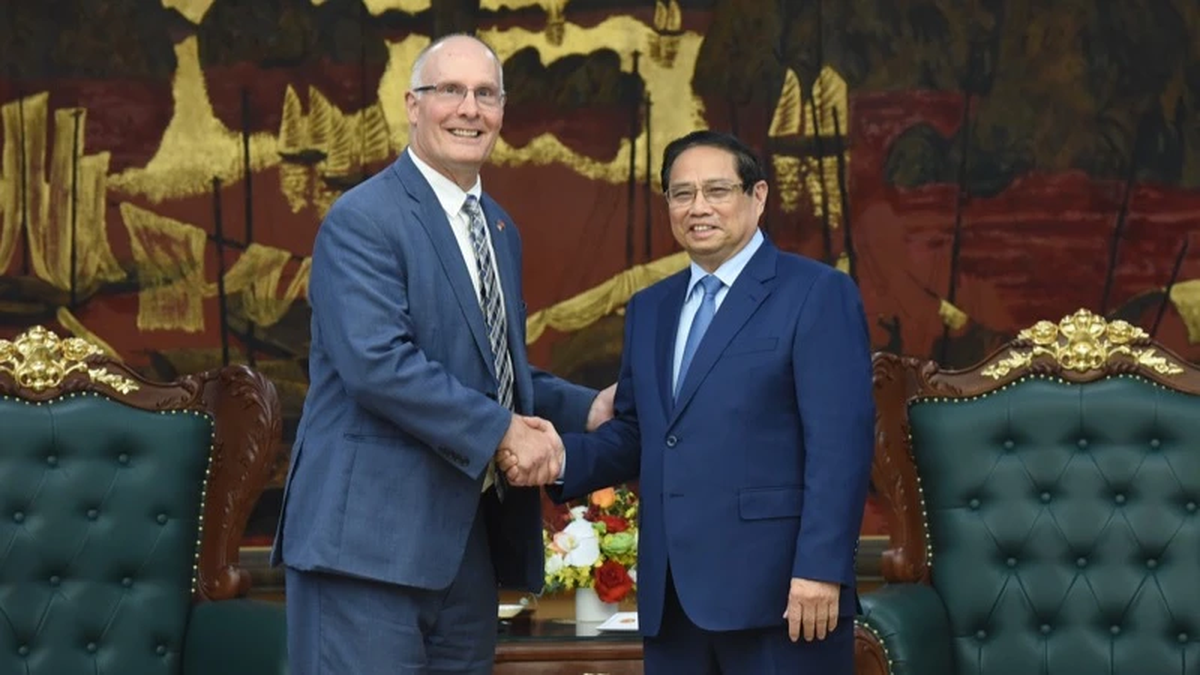















































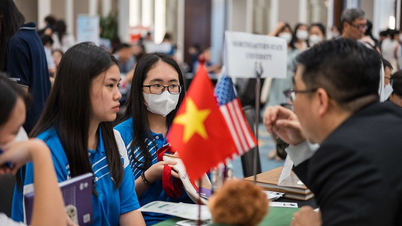











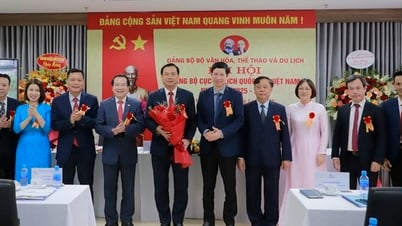
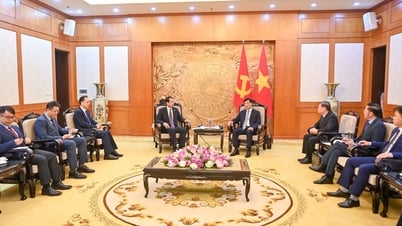




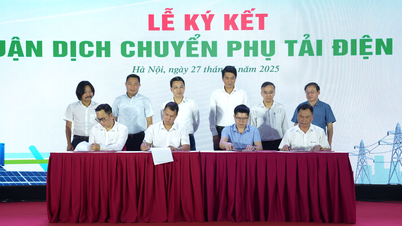


















Comment (0)